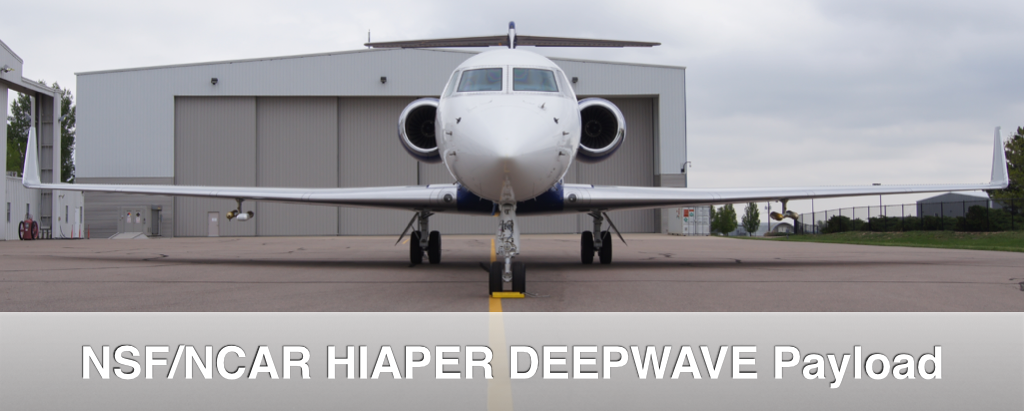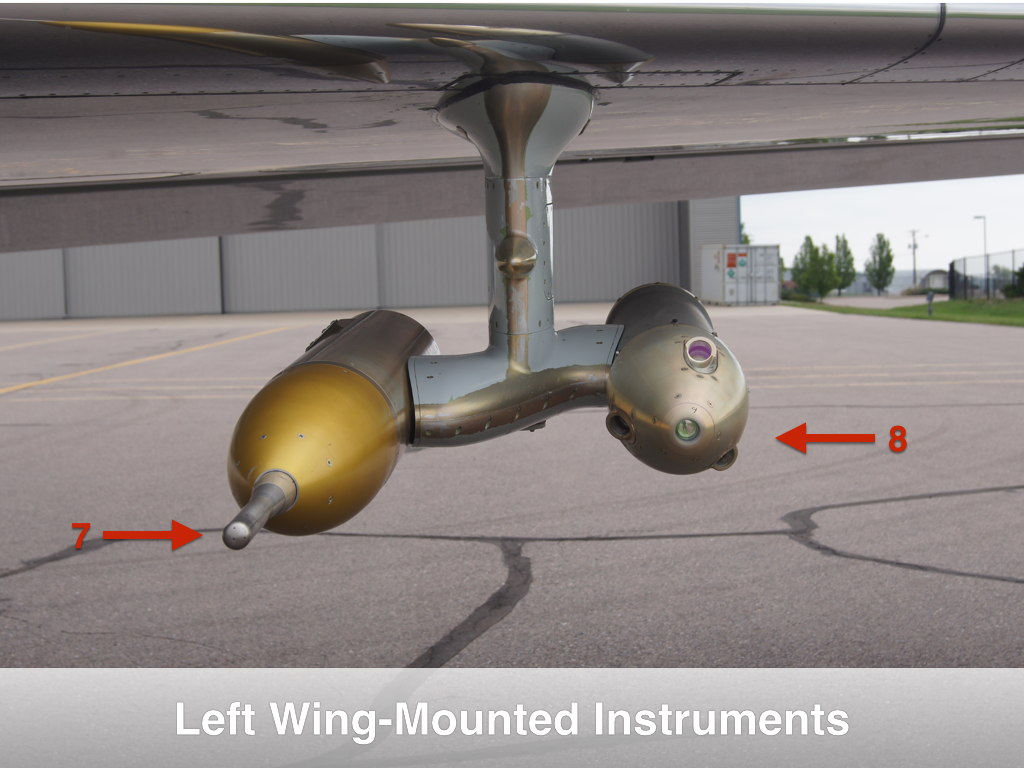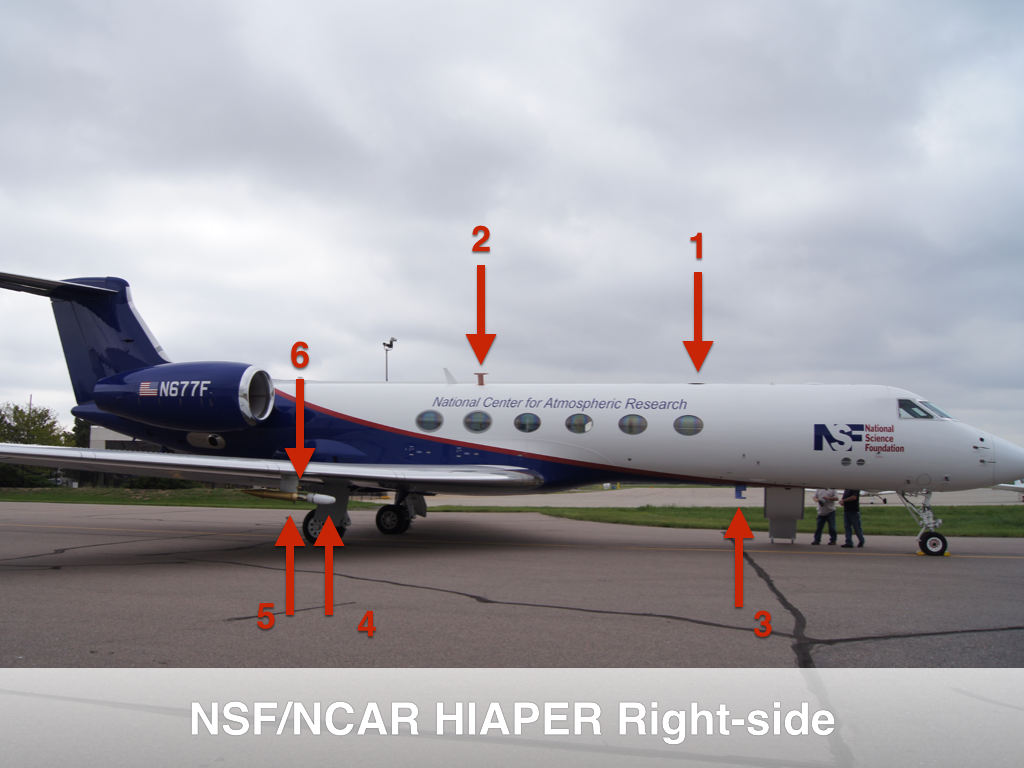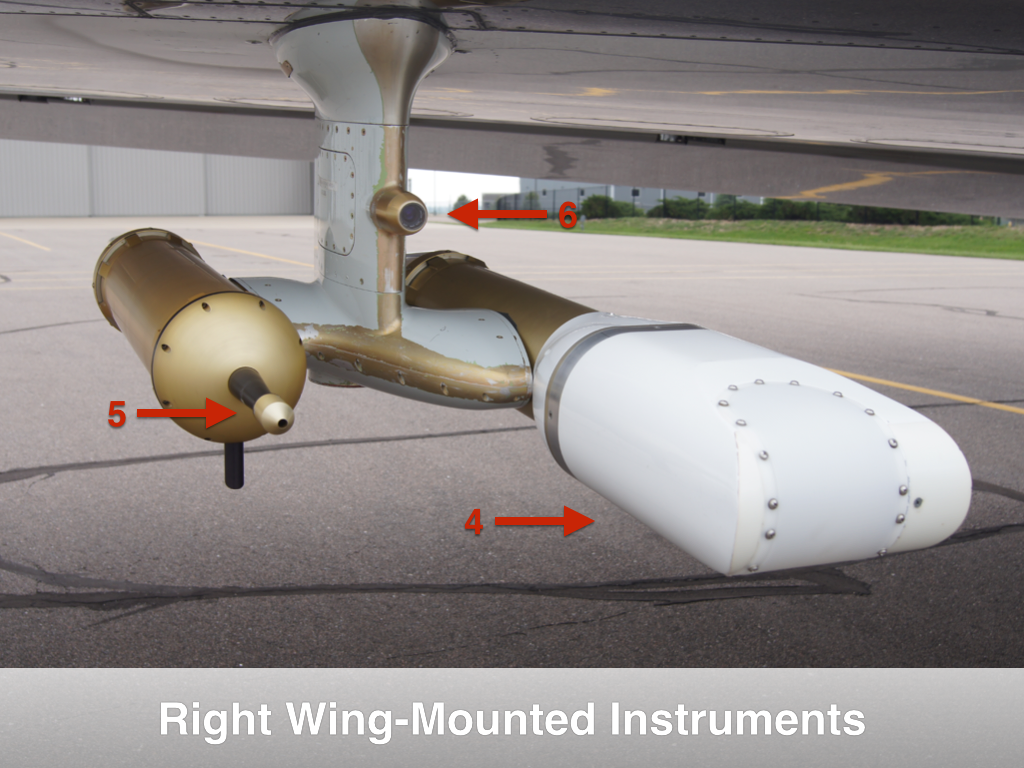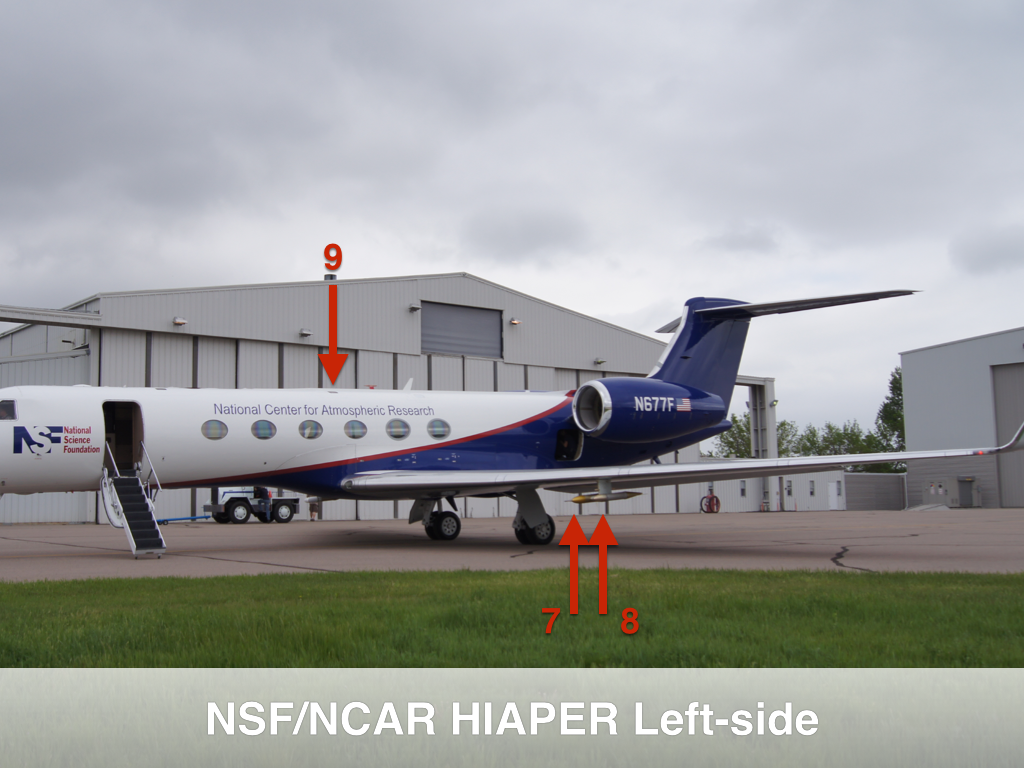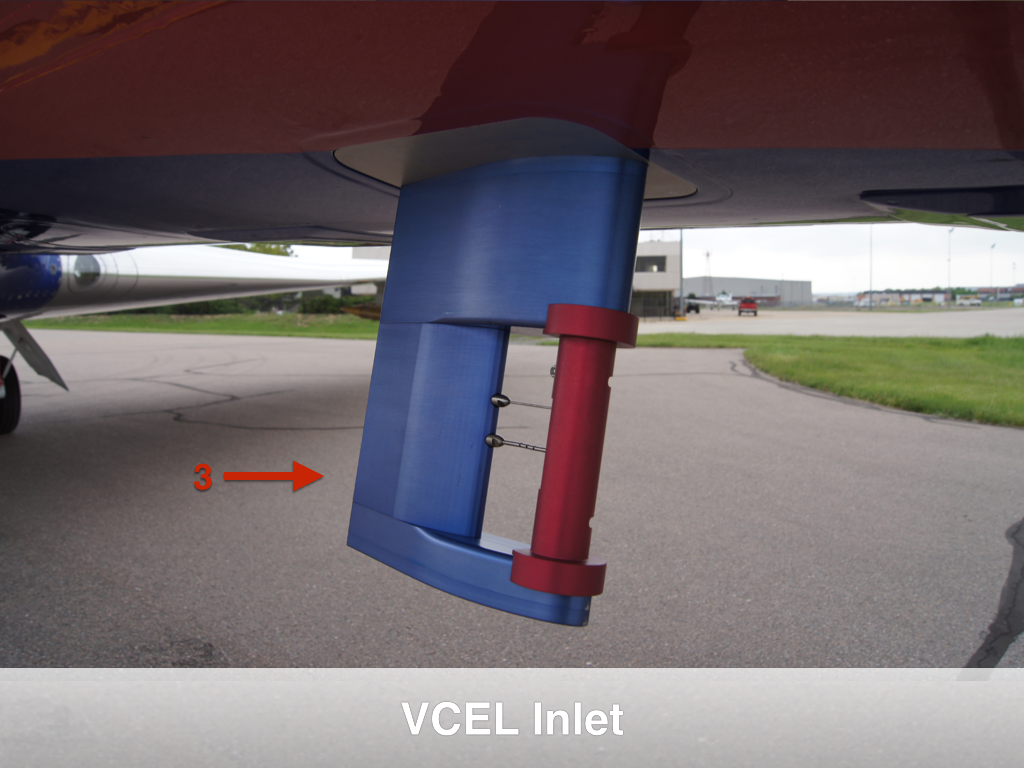
Our research aircraft are essentially "flying laboratories". For each field project a specialized suite of instruments are uploaded to the aircraft to meet the research needs of the study. DEEPWAVE will study the dynamics of gravity waves from the surface of the Earth to the mesosphere and lower thermosphere. The project examines how tropospheric winds and storms modulate the generation of gravity waves, how gravity waves propagate across the tropopause into the stratosphere, and how the Polar Night Jet and tidal winds influence gravity wave propagation and breakdown in the middle atmosphere.
DEEPWAVE will take advantage of new measurement capabilities for the NSF/NCAR HIAPER research aircraft to address a problem of high scientific interest and relevance to weather and climate prediction. The new instruments include two new lidars developed by GATS and an advanced mesosphere temperature mapper (AMTM) developed at Utah State University.
A new-generation sodium resonance lidar will measure vertical winds and temperatures from ~15 to 30 km and from ~80 to 100 km using both pulsed and scanning beams. A high-power UV laser will also measure densities and temperatures from ~30 to 60 km. These lidars will define gravity waves in a vertical plane along HIAPER's flight track.
| RIGHT-SIDE INSTRUMENTATION |
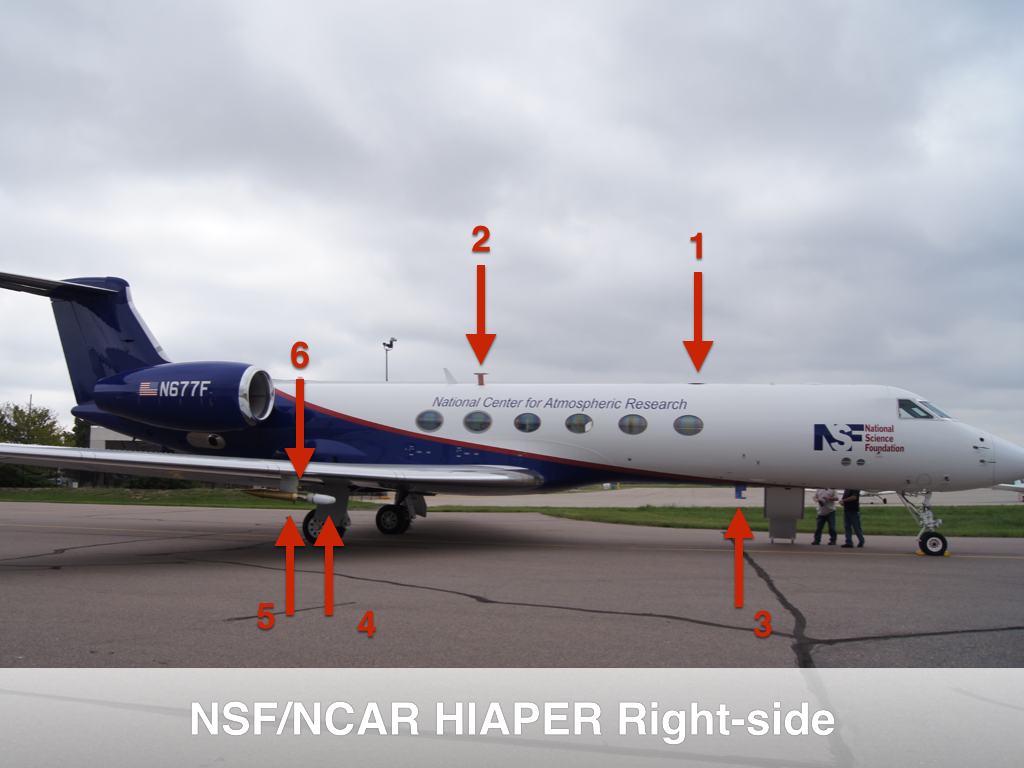 |
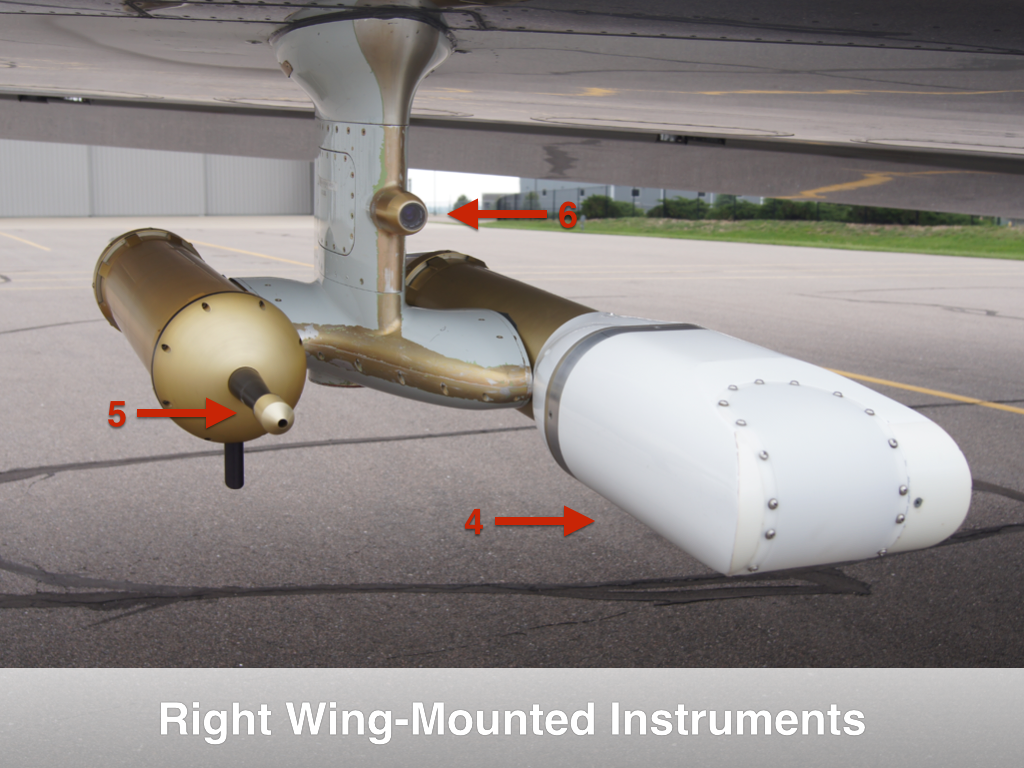 |
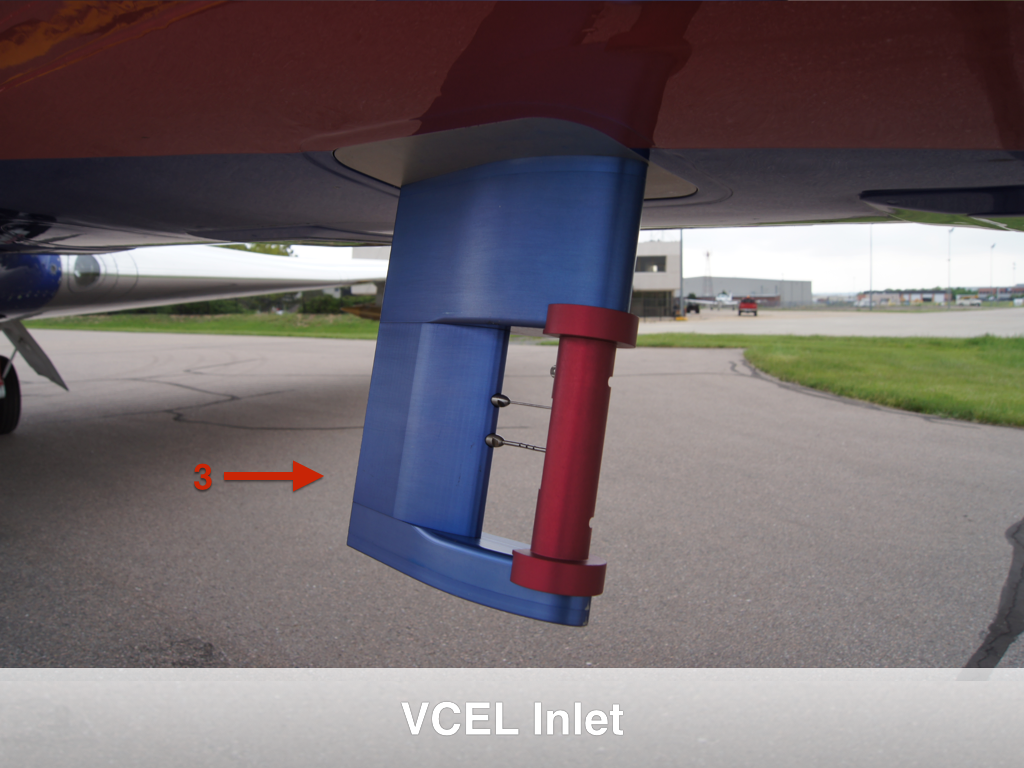 |
|
1. Sodium Resonance lidar & UV Rayleigh lidar (shared port) 2. Condensation Nucleus (CN) Counter 3. Vertical Cavity Surface-Emitting Laser (VCSEL) Hygrometer 4. Microwave Temperature Profiler (MTP) |
||
| LEFT-SIDE INSTRUMENTATION |
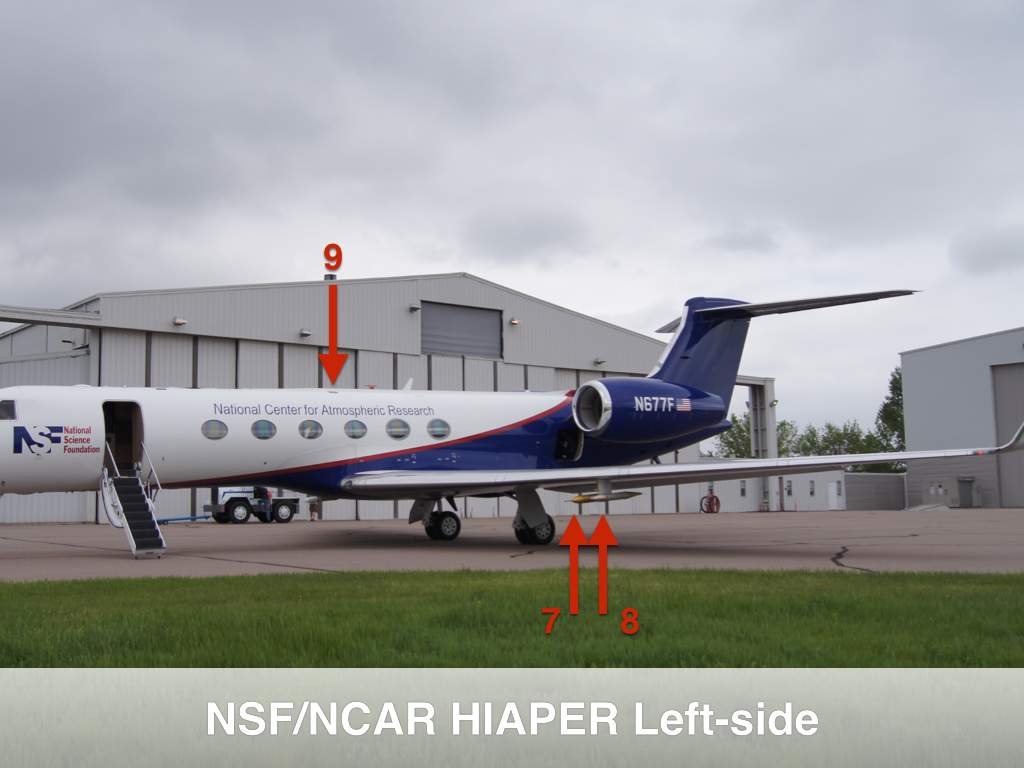 |
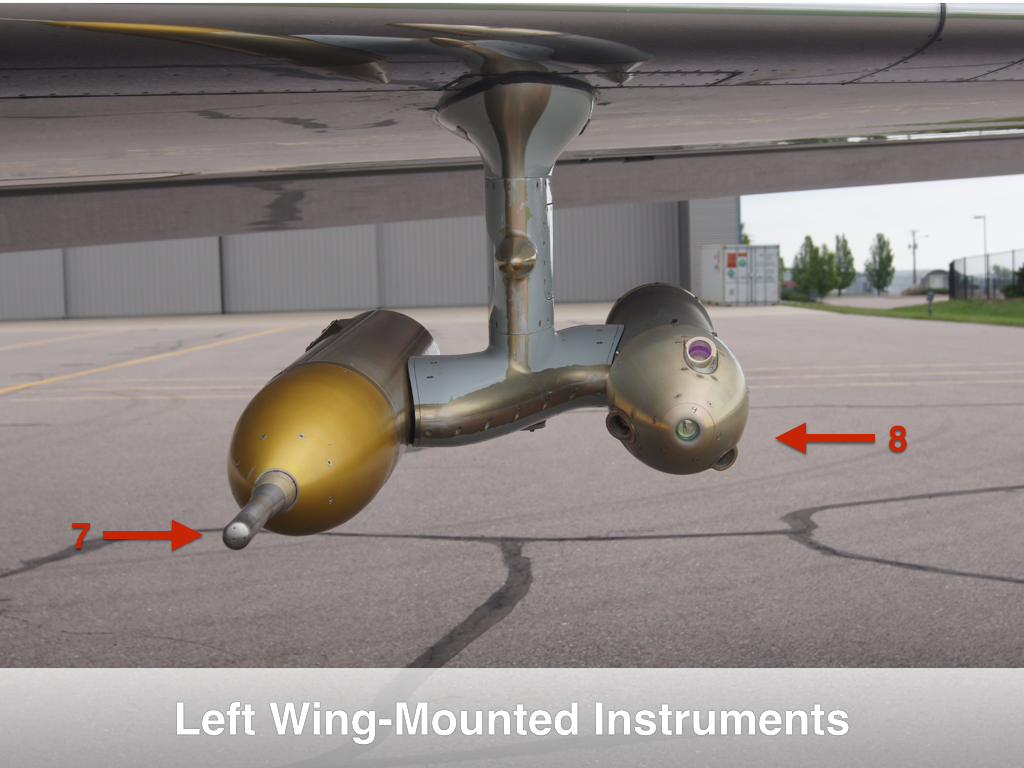 |
|
8. Laser Air Motion Sensor (LAMS) 9. Advanced Mesosphere Temperature Mapper (AMTM) View Port |
|
Letter from the Project Manager
DEEPWAVE EOL Facilities
GATS Airborne Lidar
DLR Facilities
NIWA Facilities
NZ Met Service Facilities
Quick Questions for DEEPWAVE PIs
Relevant DEEPWAVE PI Publications
DEEPWAVE Facilities & Platforms
